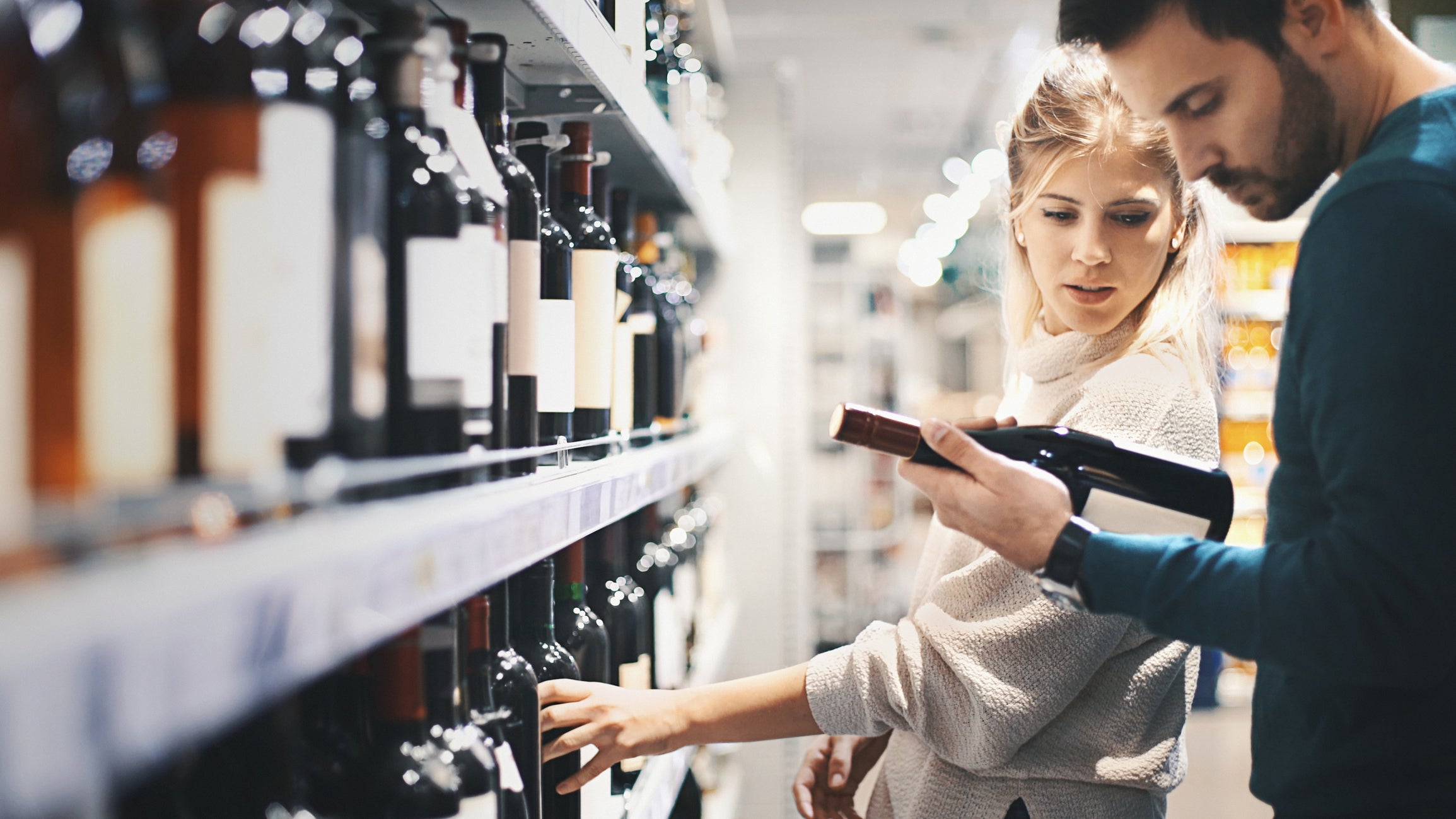Food prices rise at fastest pace for more than three years in June as weak pound bites
The 1.4 per cent increase in June was 0.2 percentage points higher than in May and the highest increase since February 2014.

Shop prices edged closer to ending a four-year trend of deflation in June as the effects of the pound's depreciation and rising commodity costs built up, figures show.
Overall shop prices were down 0.3 per cent year-on-year, the shallowest deflation rate since November 2013, according to the latest BRC-Nielsen Shop Price Index.
Food prices increased on average by 1.4 per cent in June, a similar pace to May's rise and the highest since January 2014.
Fresh food prices appear to be on an upward trajectory, recording a 1.4 per cent increase in June, 0.2 percentage points higher than in May and the highest increase since February 2014.
British Retail Consortium chief executive Helen Dickinson said: “The fact that the headline number, minus 0.3 per cent, shows that prices are still down on last year should not be misunderstood.
”The year on year numbers belie the fact that prices have been heading upwards for the last six months. It's just that significant deflation in the second half of 2016 means there has been considerable ground to make up in the year on year figures.“
Ms Dickinson said the steadying of inflation in June was likely to be a ”brief hiatus“, and the expectation was for shop prices to continue trending upwards in coming months.
She added: ”The reality is that cost pressures faced by retailers continue to mount. These pressures arise both from market driven increases in the underlying cost of goods and as a result of Government policies. There is a limit to the ability of retailers to protect consumers by absorbing these impacts into their margins, as a result further price increases are inevitable.
“With that in mind and with the UK's trading relationships under discussion, it's of the utmost importance that the Government does all it can to limit any further cost increases that could further adversely impact the finances of the UK's consumers.”
Mike Watkins, head of retailer and business insight at Nielsen, said: “With inflation rising in essential goods and services, many households are now seeing their monthly household expenditure come under pressure.
”Whilst this may add to the uncertainty around discretionary spending, the good news is that shop prices are increasing at a slower rate.
“Shoppers are also able to find further savings in retail with low price strategies across the grocery sector and competition across the marketplace keeping prices as low as possible.”
PA
Join our commenting forum
Join thought-provoking conversations, follow other Independent readers and see their replies
Comments
Bookmark popover
Removed from bookmarks